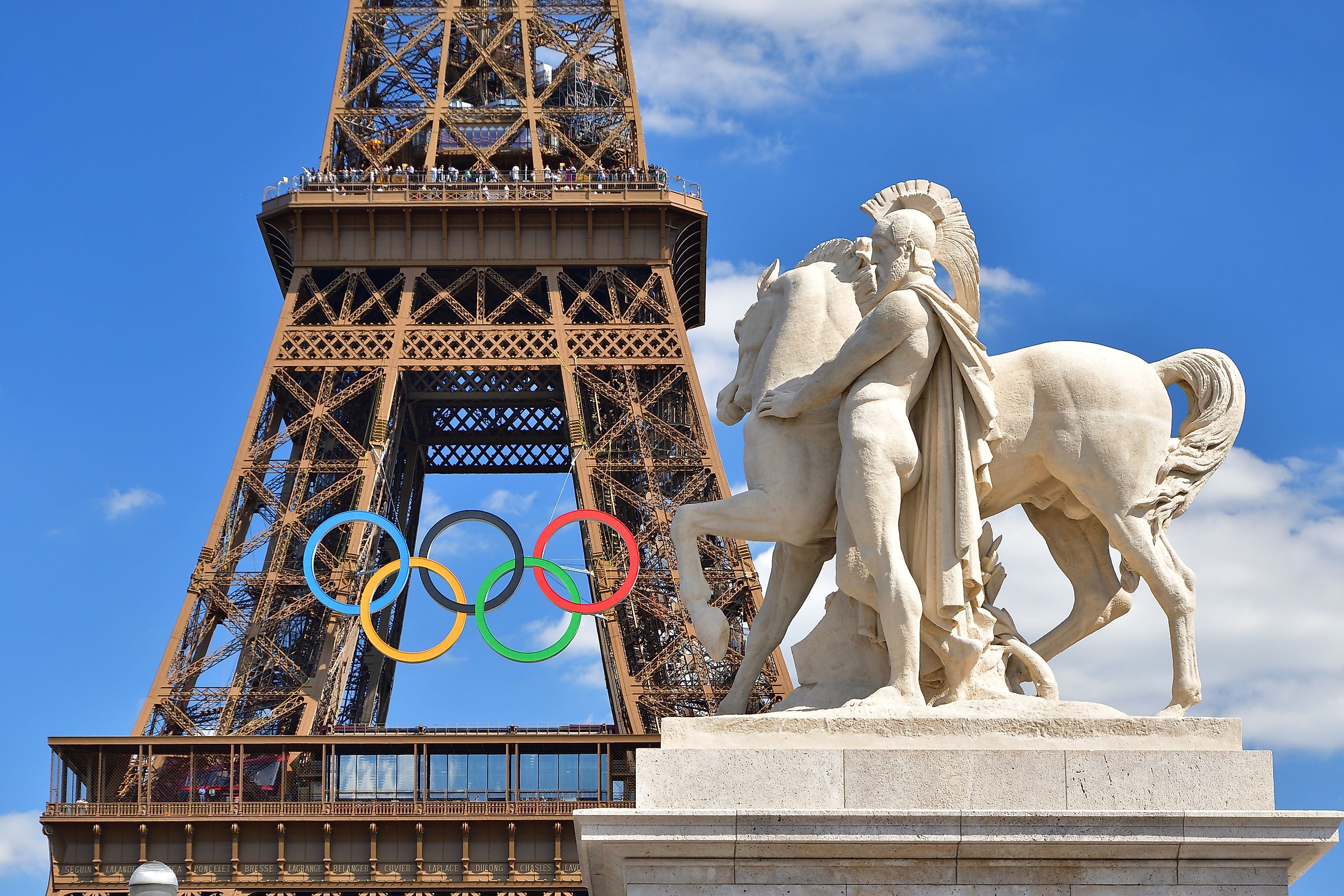
What Is the Philosophy of the Olympics?
Today, the Olympics bring people together and drive them apart. For some people, the Olympics is a community event; they gather with family and friends to watch their favorite sporting event. Other people consider the Olympics pointless, overly competitive, and an economic burden. The Olympic games are also controversial, with people cheating to win. When all is said and done, are the Olympics just a way for countries to prove they are the best, or is there something more meaningful to the games?
The founding of the Olympics dates back to ancient times. The first Olympic games happened in ancient Greece in around 776 BCE. Back then, the games were highly regarded and almost treated as a religious ceremony. The ancient Greeks had a philosophy behind their games known as Olympism. This is a framework for communicating values through athletic events such as sports. Exploring what Olympism is means looking back at ancient Greek values and seeing how they progress. At its core, Olympism is an attitude toward life that aims at balancing the body, will, and mind. These ideals were what many people strove for in ancient Greek society.
Developing The Mind And Body
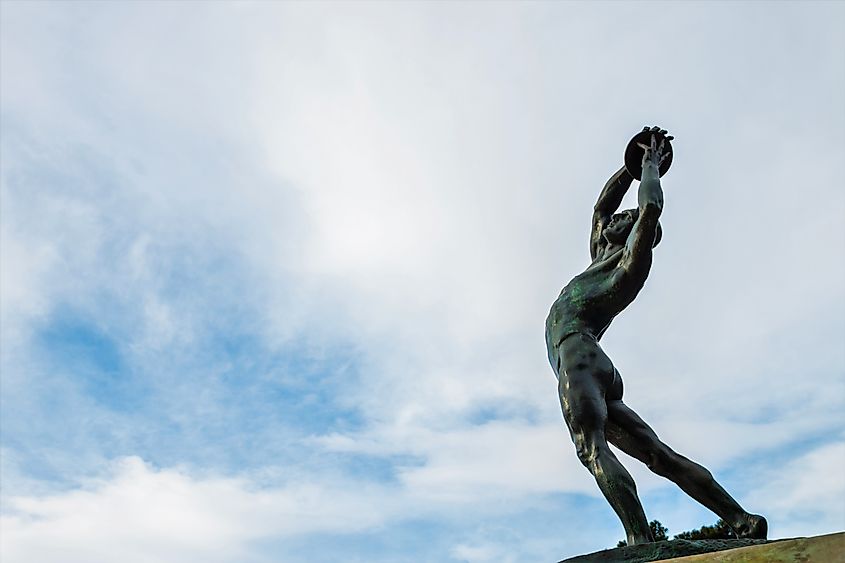
Being active was an important part of life in ancient Greece. Philosophers such as Plato and Socrates viewed physical education to be as important as mental education. In Book V of Plato's Republic, Socrates argues that the ideal environment for schooling is the gym. He claimed this was the space where students could be healthy and gain a moral and intellectual education. This view of education saw the gymnasium as a space where a balanced curriculum could be taught. Similar to Socrates, Plato saw physical education as important in students' education. He believed the gymnasium helped people develop a healthy character. Physical training and the arts went together in Plato's mind.
Physical Training And Balance
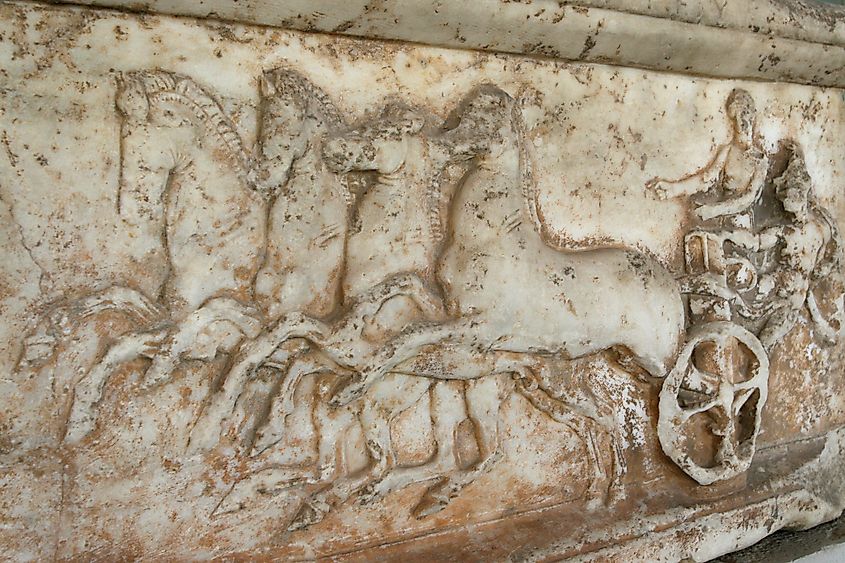
Plato also saw developing the mind or body alone as creating disharmony in the person. Plato clarified that approaching physical training as a part of a balanced education is drastically different than training to be a better athlete. Training to be a better athlete ignores the necessity of a balanced education. According to Plato, this creates disharmony in the body and prevents people from achieving kalokagathia. The term kalokagathia was a word used by Athenian men that meant a virtuous person. People strove to embody kalokagathia.
Other philosophers from ancient Greece, such as Aristotle, held similar views to Plato and Socrates, believing that physical training was part of being a balanced person. This led to the creation of an idea known as Arete, which refers generally to human excellence. Achieving arete meant that the person had developed their minds, bodies, and souls in a balanced way. Being physically active was a part of attaining arete in ancient Greek society. This idea of balance and harmony of the person influenced the development of the Olympics.
Ancient Olympics
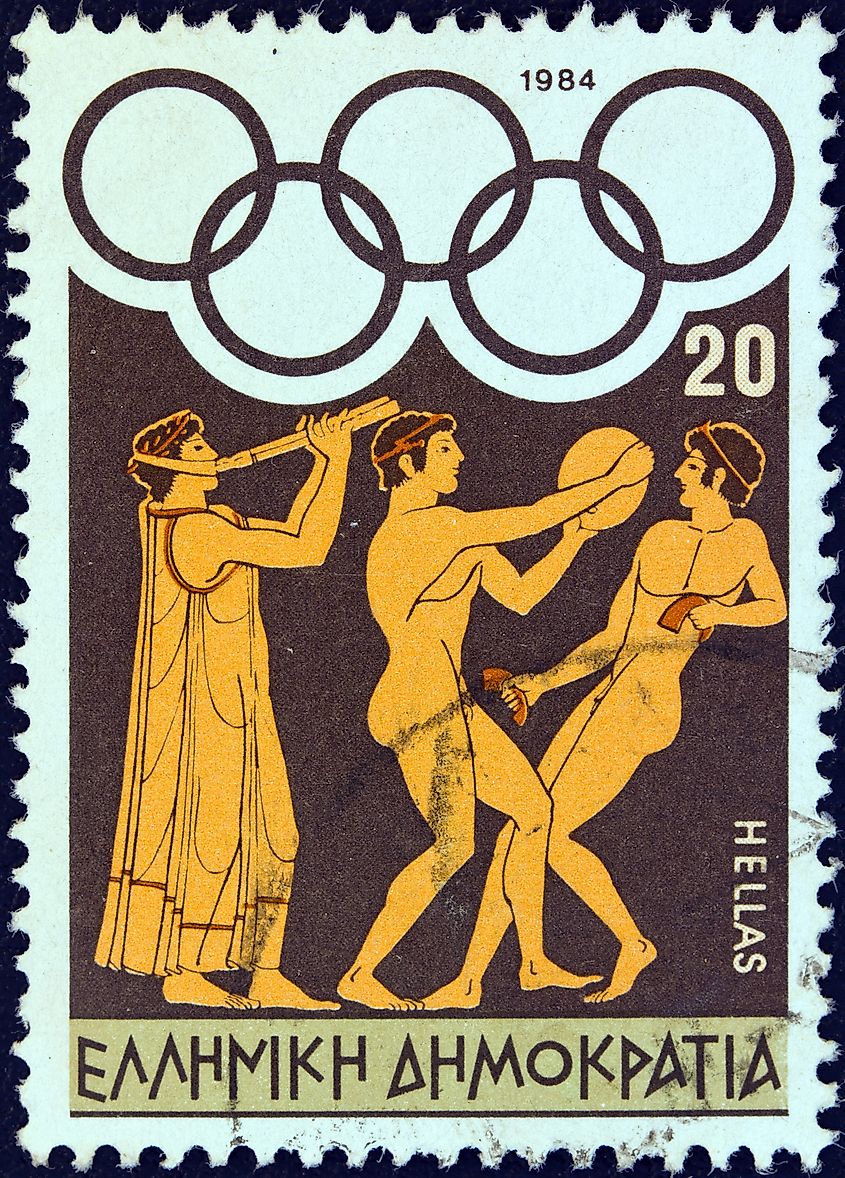
The actual ancient Olympic Games were a series of athletic competitions in Greece. They were part of the Panhellenic Games held in Olympia. Originally, they were held in honor of Zeus and had a mythological backstory. Values of comradery and arete were not always seen in the games, but they still had a strong presence. Similar to today, the games happened every four years and were a celebrated tradition until the Romans conquered Greece in 2nd century BCE. The last ancient Olympic game happened in roughly 393 BCE. After that, the Olympics wasn't restarted for another 1500 years. The reinvention of the Olympics is largely thanks to one man, Baron Pierre de Coubertin (1863-1937) of France.
Coubertin’s Vision
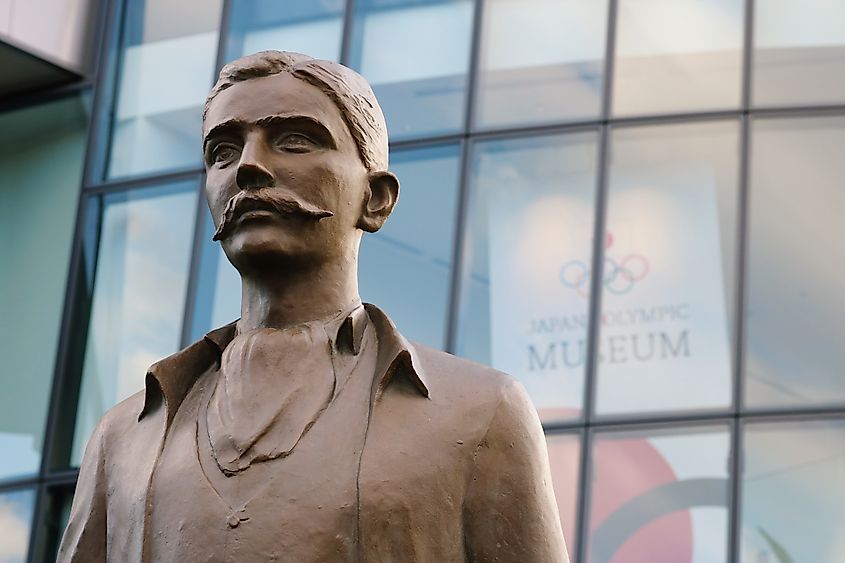
The reinvention of the Olympics started with discoveries about Olympia and Ancient Greek society. In the 1800s, there were excavations revealing Olympia. This was a site of interest for many Western European intellectuals. Pierre de Coubertin of France was among them. He was interested not only in Olympia and the sporting events that took place but also in the values and ideas that drove the ancient Olympics. In his youth, Coubertin traveled throughout Britain, North America, and Europe, to study different models of physical education. Based on a combination of other physical fitness education programs, Christianity and his interpretations of values from ancient Olympic athletes, Coubertin created a physical education program. He drew inspiration from ancient Greek philosophers, wanting athletes to develop both their bodies and character. An overarching goal in restarting the Olympics for Coubertin was world peace and goodwill. He believed that bringing young people together from across the world would help achieve this.
Coubertin's vision of the ancient Greek Olympics led him to develop a philosophy known as Olympism. He viewed Olympism as a way forward in human development and a way to improve the world. His focus in Olympism was on a combination of physical training and moral training. Coubertin wanted people who participated in the Olympics to be physically fit and athletic and embody the ancient Greek notion of kalokagathia. For Coubertin, olympism was a way for people to achieve excellence and develop self-knowledge. He believed that through sports, we could achieve social and cultural unity.
Modern Olympism

Ideas of cultural unity, self-knowledge, and balance between the mind and body are all great goals for the Olympics. However, Coubertin's definition of Olympism doesn't necessarily translate to the reality of the Olympics today. Different people have interpreted Olympism differently. How an athlete approaches the Olympics today is much different than how a philosopher in the 1800s imagined them. Depending on the time period and geographic area someone grows up in, they will also have different ideas about what the Olympics mean. While it's nice to imagine every Olympic athlete striving for the same ideals as Coubertin, this is not the reality. In today's games, there are nationalistic motivations. People aren't just pursuing personal development but rather honor for their country. Sometimes, athletes even cheat by doping to achieve their goal of winning the game. This is something people solely striving for Coubertin's ideals would not do.
What Values Do Sports Promote?
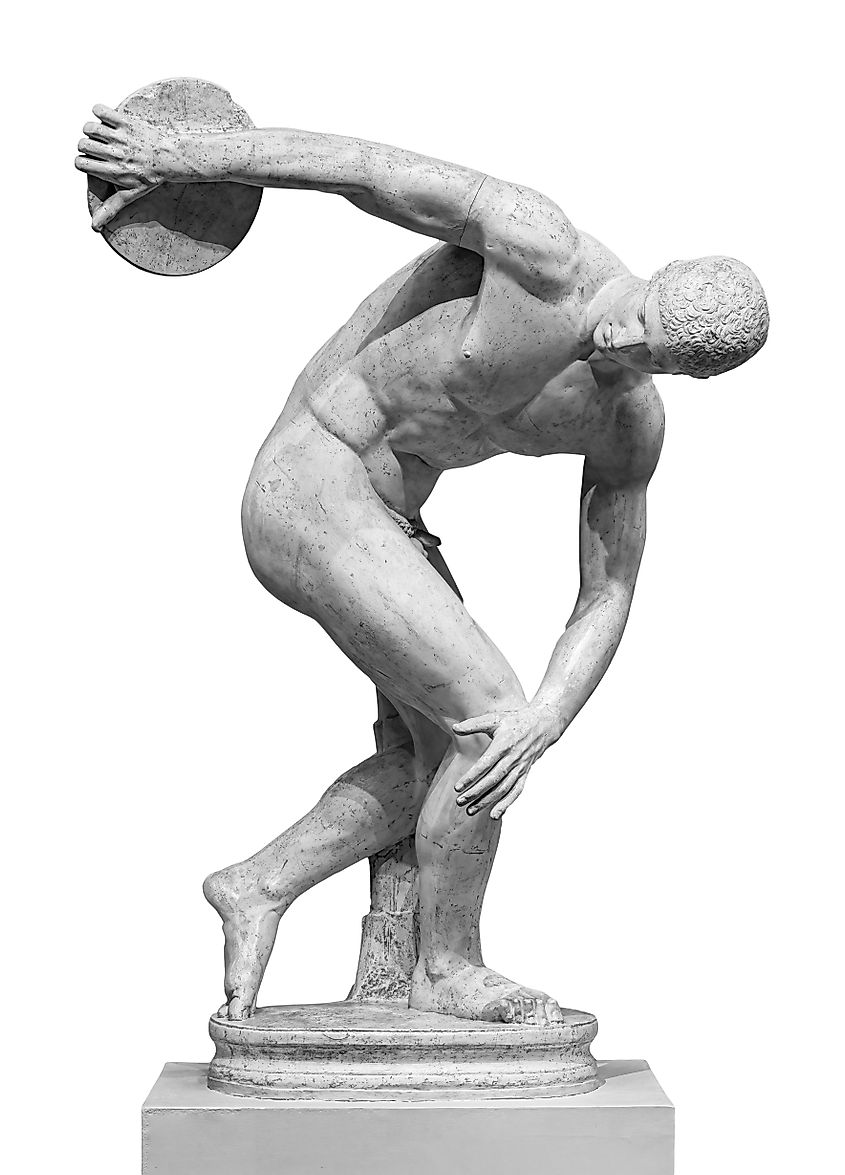
Without knowing the background behind the philosophy of the Olympics, using terms such as mutual understanding, cultural unity, and mind-body balance can seem superficial and like a marketing tactic for the games. However, by understanding the philosophy behind Olympism, we can see that many people have truly believed in the power of sport. Many different people believe that sporting events such as the Olympics bring cultural unity, personal growth, and even world peace.
Thinking about the Olympics and the values it promotes brings out more philosophical questions. For example, we can think more broadly about what types of virtues and values sports can promote. While we could re-iterate the values Coubertin believed in, we must acknowledge other values the Olympics promotes. Some people pursue sports for honor, to show courage, or as a safe, thrill-seeking outlet. Contemplating the values sports promote is important because sports are a big part of many people's lives. Whether you play a sport or watch sports, you promote the values in sports. Thinking about this consciously, we can decide what kind of society we want. Many of us can probably agree that Coubertin's image of cultural unity and world peace are some of the best ideals to strive for.











